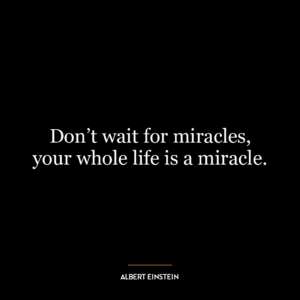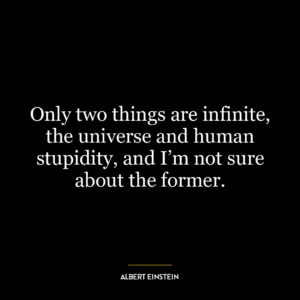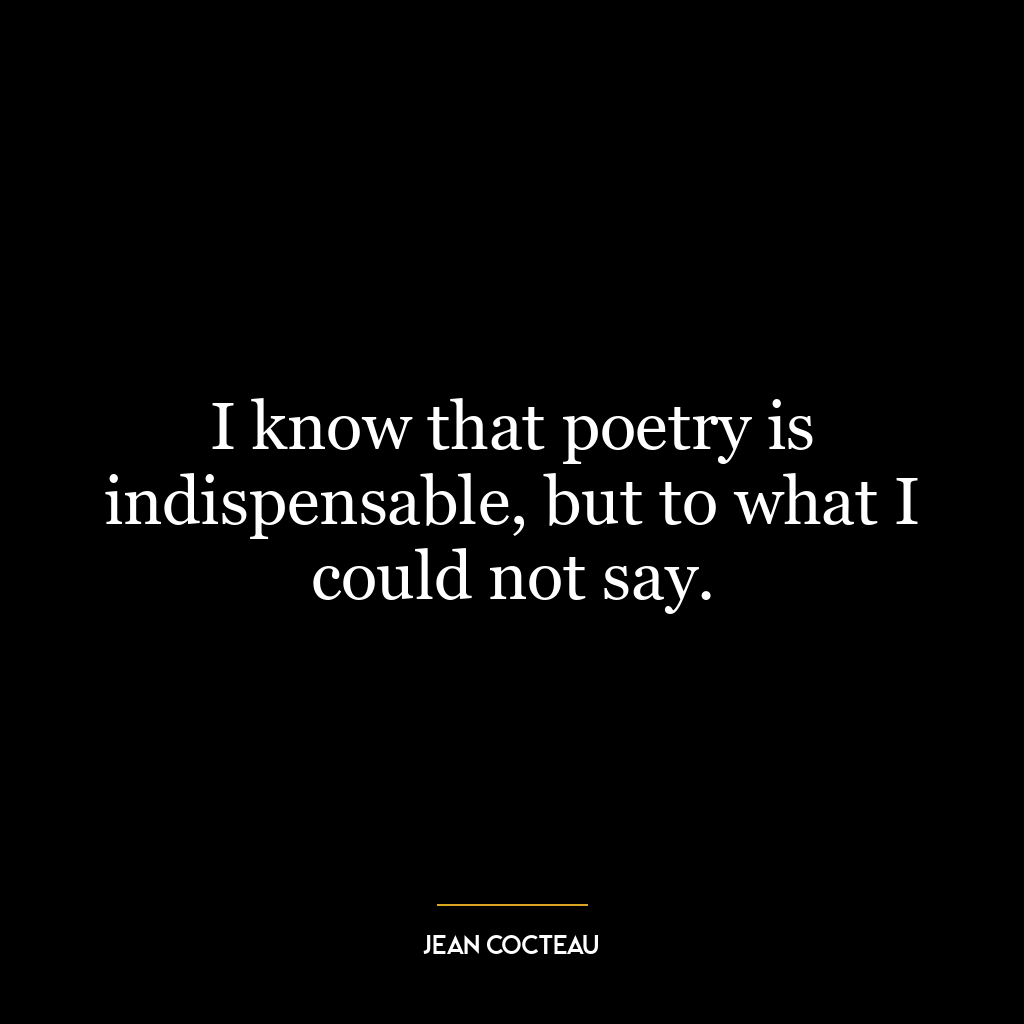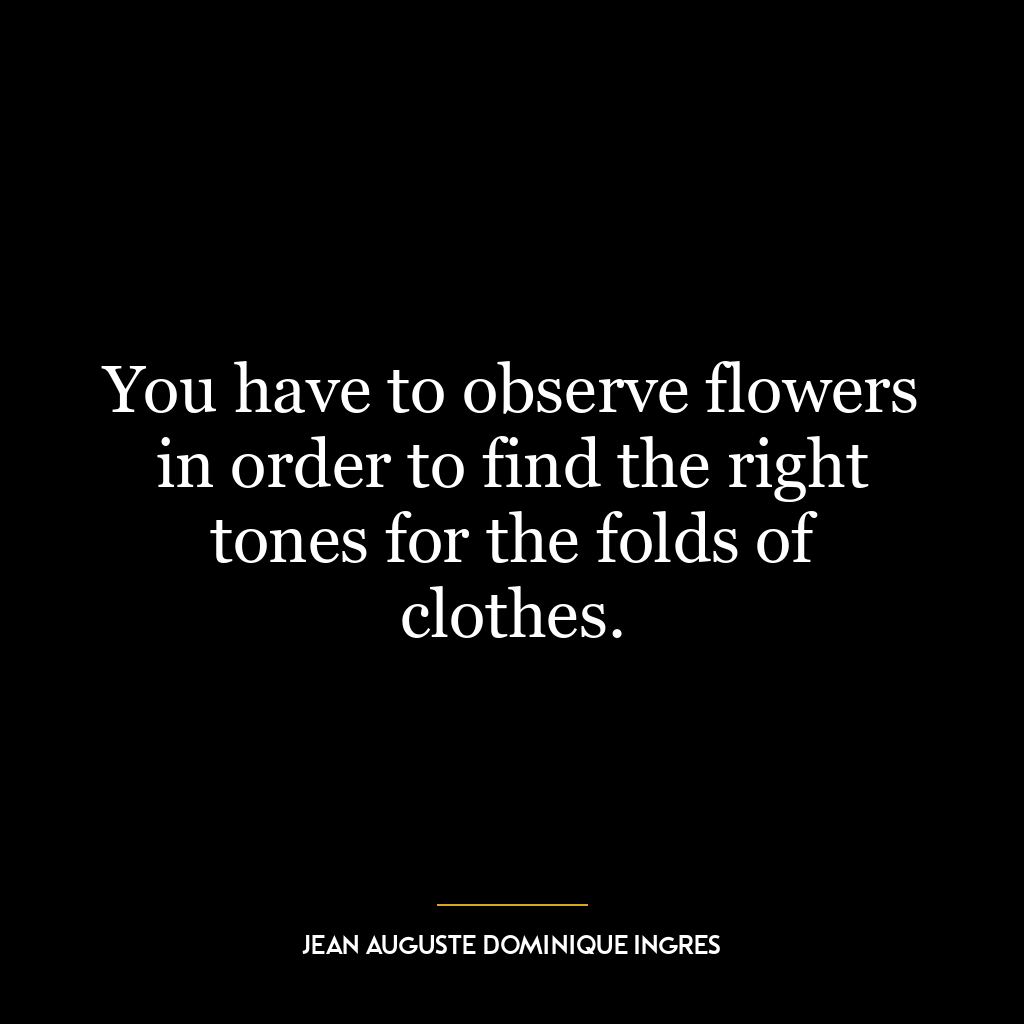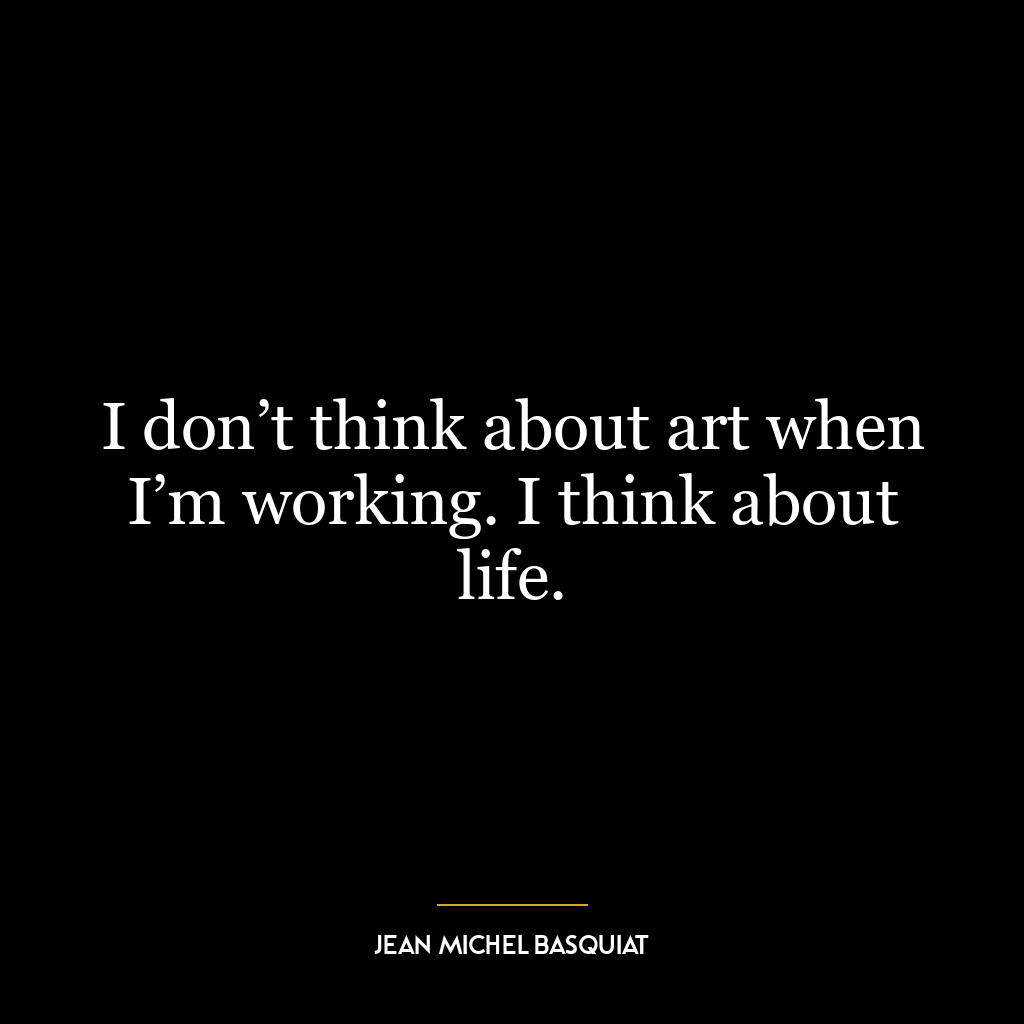This quote by Albert Einstein suggests that while he, as a physicist, greatly respects and values the contributions of scientists like Gauss, he finds more personal, intellectual, and perhaps even spiritual value in the works of Dostoevsky, a renowned Russian novelist. It might seem surprising coming from one of the greatest scientific minds, but it underscores the importance of literature and the humanities in providing insights into the human condition that science may not be able to offer.
“Dostoevsky gives me more than any scientist, more than Gauss,” implies that Einstein found something profound in Dostoevsky’s works that he did not find in science. Dostoevsky’s novels often explore themes of existentialism, morality, free will, and the human psyche. Einstein might have found these explorations more enlightening or fulfilling than scientific theories or mathematical formulas. It suggests that Einstein saw value in the balance between science and art, between rationality and emotion, and between observable phenomena and human experience.
In today’s world, this idea is still very relevant. In an era where STEM (Science, Technology, Engineering, and Mathematics) fields are often prioritized, the importance of the humanities, including literature, can be overlooked. Einstein’s quote serves as a reminder that while science can explain how the world works, literature and the arts help us understand how we work, how we think, feel, and behave, and how we make sense of the world around us.
In terms of personal development, this quote encourages us to seek balance in our learning and experiences. It’s not enough to just understand the world on a scientific or mathematical level. It’s equally important to understand it on a human level. Reading literature, exploring the arts, and studying the humanities can provide us with valuable insights into our own nature and the nature of others. It can help us develop empathy, improve our communication skills, and broaden our perspectives. It can also provide us with a sense of purpose and meaning, and help us navigate the complexities of human relationships and societal issues. So, just like Einstein, we may find that Dostoevsky, or any other artist or humanist, gives us more than any scientist.



